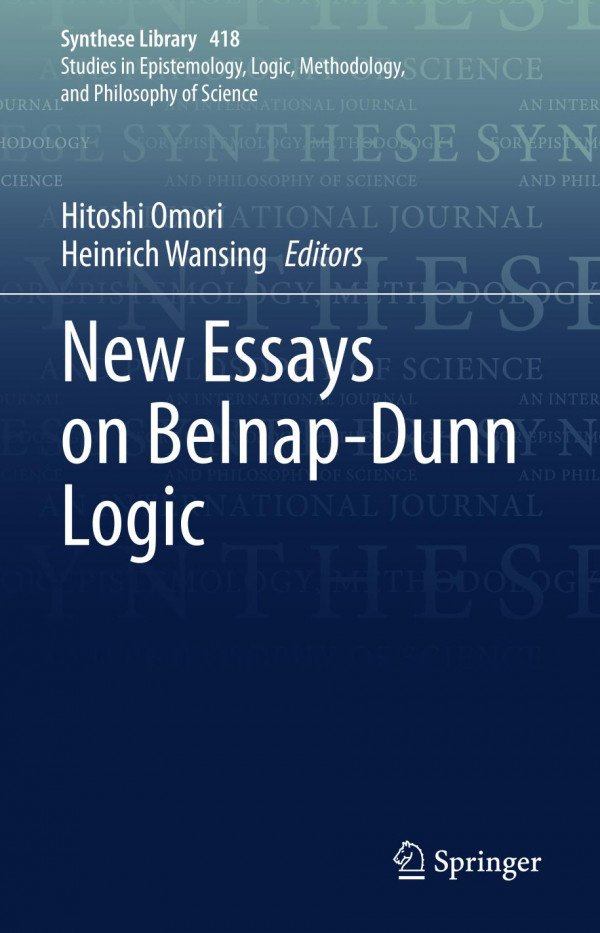

Most ebook files are in PDF format, so you can easily read them using various software such as Foxit Reader or directly on the Google Chrome browser.
Some ebook files are released by publishers in other formats such as .awz, .mobi, .epub, .fb2, etc. You may need to install specific software to read these formats on mobile/PC, such as Calibre.
Please read the tutorial at this link: https://ebookbell.com/faq
We offer FREE conversion to the popular formats you request; however, this may take some time. Therefore, right after payment, please email us, and we will try to provide the service as quickly as possible.
For some exceptional file formats or broken links (if any), please refrain from opening any disputes. Instead, email us first, and we will try to assist within a maximum of 6 hours.
EbookBell Team

4.4
72 reviewsThis edited volume collects essays on the four-valued logic known as Belnap-Dunn logic, or first-degree entailment logic (FDE). It also looks at various formal systems closely related to it. These include the strong Kleene logic and the Logic of Paradox. Inside, readers will find reprints of seminal papers written by the fathers of the field: Nuel Belnap and Michael Dunn. In addition, the collection also features a well-known but previously unpublished manuscript of Dunn, an interview with Belnap, and a new essay by Dunn.
Besides the original, monumental papers, the book also includes research by leading scholars. They consider the extraordinary importance of Belnap-Dunn logic from several perspectives. They look at how, philosophically, it has served as a basic system of inconsistency-tolerant reasoning, as the core of underlying logics for theories based on dialetheism, and, more recently, for theories based on Buddhist philosophy. Coverage also explores its contributions to computer science, such as knowledge representation and information processing.
This mix of seminal papers and insightful analysis by top scholars offers readers a comprehensive outlook on Belnap-Dunn logic and its related expansions, which have been agenda setting for the debate on philosophical logic as well as philosophy of logic. The book will also enhance further discussion on the philosophical issues related to nonclassical logics in general.